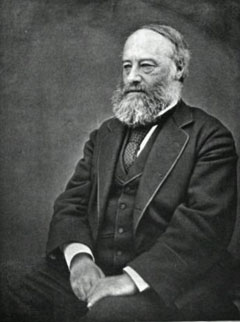Home > Science > Concepts of Physics 101 > Units of Measurement
Units of Measurement
There are several units of measurement of electricity. These units often bear the name associated with a scientist who contributed to the study of electrical phenomena. Following are the main units used:
- Volt: unit measuring the electromotive force required to produced an electric current, named in honour of Italian Alessandro Volta (1745-1827), the inventor of the electric cell, in 1800
- Ampere: unit of electric current flow moving through a conductor for a precise amount of time, named in honour of André-Marie Ampère (1775-1836), who built a coil to create a magnetic field
- Watt: unit measuring the power of an electric current, named in honour of James Watt (1736-1819), who made improvements to the first steam engine
- Ohm: measurement of the electric resistance between two points in a conductor, named in honour of Georg Simon Ohm (1789-1854), the author of a law on electric current
- Joule: unit that quantifies energy (electric, heat or other) named in honour of James Prescott Joule (1818-1889), who developed a theory on the conservation of energy
- Hertz: unit that measures the frequency of alternating current, or the number of cycles per second, named in honour of Heinrich Hertz (1857-1894), who detected electromagnetic waves






